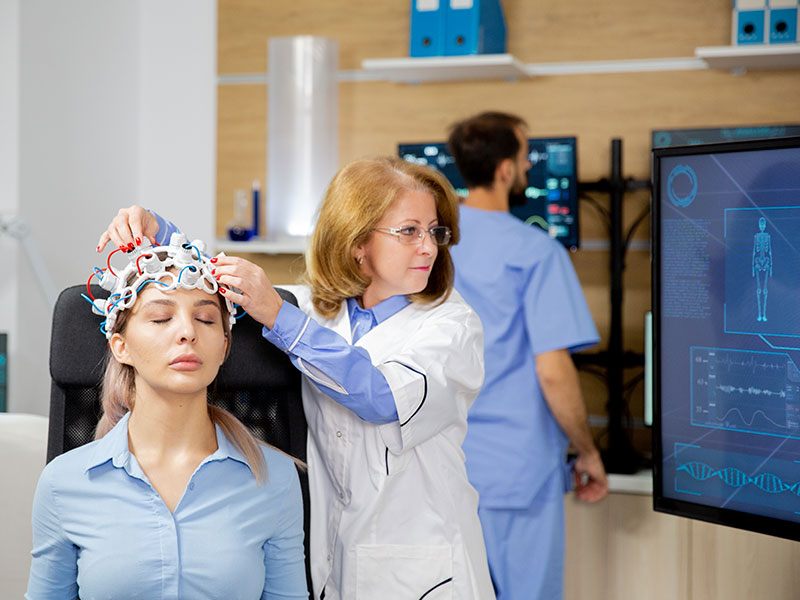Is It Possible to Return to Your Pre-TBI Condition?
When you’ve suffered any type of bump or blow to the head, whether it was mild or severe, one of your first questions or concerns will be about your prognosis for full recovery. Can you heal completely after trauma or injury to your brain? Can you expect to restore full functional capacity after a head injury?
The Prospects for Full Recovery from a Traumatic Brain Injury
When addressing the likelihood of a complete recovery from a TBI, it’s important to consider two different ways of measuring that. First, can your brain heal and return to the exact state is was in before the accident? Second, if that’s not possible, can your brain make accommodations that allow you to return to full functionality?
Unlike many other cells in your body, your brain’s cells cannot regenerate and cannot repair themselves. Accordingly, your brain won’t ever return to its pre-TBI condition.
That’s not, however, cause for despair or loss of hope. That’s because your brain has an amazing capacity to do what you might consider to be “workarounds.” You have more than 100 trillion neural connections in your brain. A TBI will typically interfere with or impede some of those connections, which can initially manifest in a number of physical, cognitive or emotional challenges. Though certain neural pathways may become weakened or destroyed, your brain uses a process known as “neuroplasticity” to create new connections.
What Is Neuroplasticity?
Neuroplasticity refers to your brain’s potential for rewiring, establishing new circuits by which information is transmitted. Studies show that a number of factors contribute to your brain’s ability to engage in effective neuroplasticity—your experiences, your environment, and any new learning you do.
Can You Aid Your Brain’s Efforts to Generate New Pathways through Neuroplasticity?
Absolutely! Physical and occupational therapy, rehabilitation and similar regimens all help the neuroplasticity process. Among the most important components of any therapeutic effort to maximize neuroplasticity are repetition, specificity and intensity. Target specific tasks or functions, repeat the exercises on a regular basis, and continually challenge yourself.
Contact Core Medical Center Today
Take action today to learn how you can return to maximum functionality after a traumatic brain injury. To learn more, contact Core Medical Center online or call our offices in Blue Springs, Missouri, at (816)226-9957.

